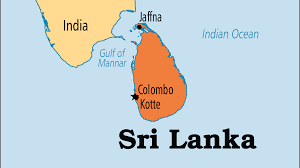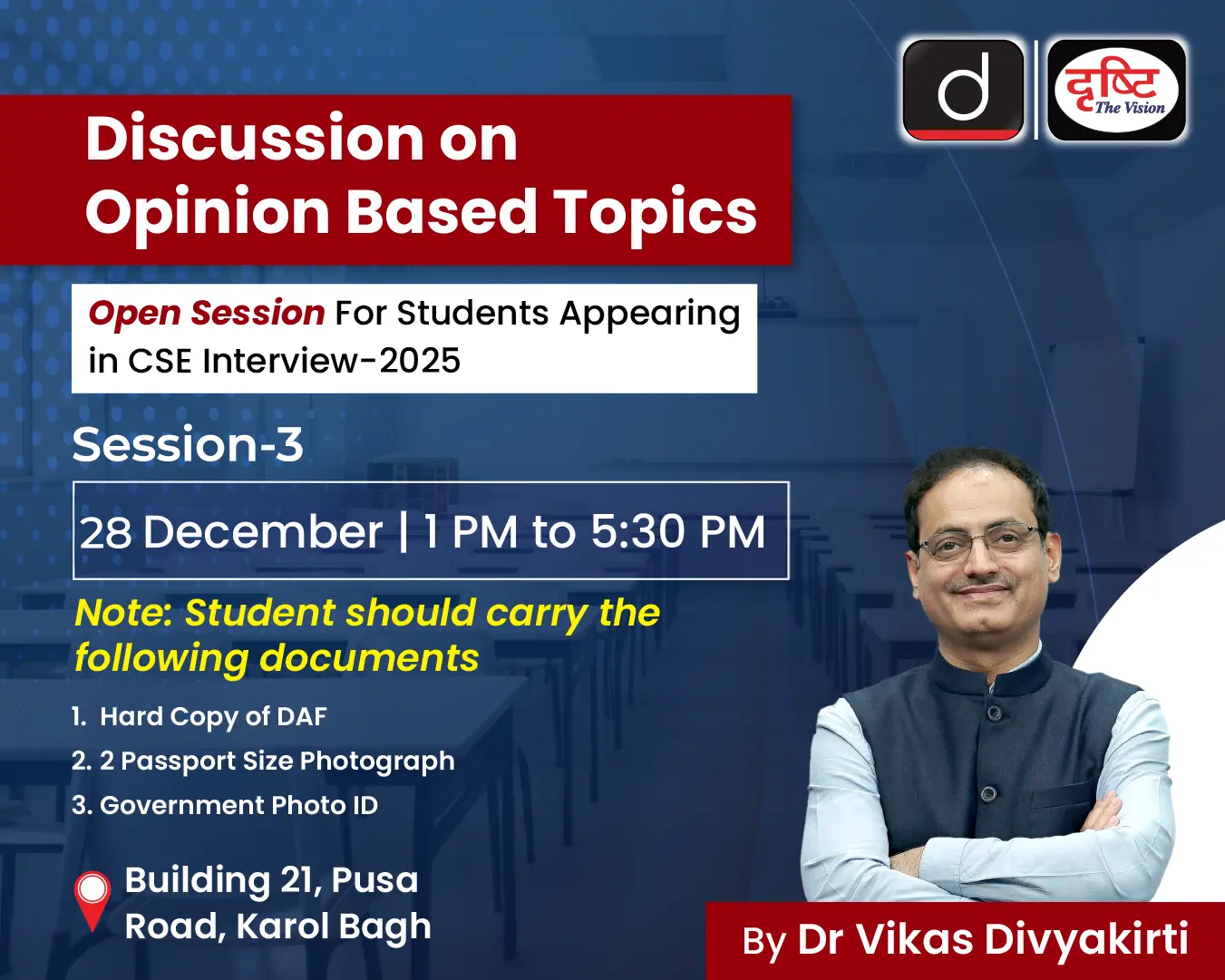International Relations
Food Emergency in Sri Lanka
- 07 Sep 2021
- 5 min read
Why in News
Recently, Sri Lankan President, has declared an economic emergency to contain rising food prices, a depreciating currency, and rapidly depleting forex reserves.
- The emergency was declared under the Public Security Ordinance on the supply of essential goods.
Key Points
- Factors Responsible for Sri Lankan Economic Crisis:
- Underperforming Tourism Industry: The tourism industry, which represents over 10% of the country’s Gross Domestic Product and brings in foreign exchange, has been hit hard by the coronavirus pandemic.
- As a result, forex reserves have dropped from over $7.5 billion in 2019 to around $2.8 billion in July 2021.
- Depreciating Currency: With the supply of foreign exchange drying up, the amount of money that Sri Lankans have had to shell out to purchase the foreign exchange necessary to import goods has risen.
- Due to this, the value of the Sri Lankan rupee has depreciated by around 8% so far this year.
- Rising Inflation: Sri Lanka depends heavily on imports to meet even its basic food supplies, such as sugar, dairy products, wheat, medical supplies.
- So the price of food items has risen in tandem with the depreciating rupee.
- Diminishing Inflow of Foregin Currency: The pandemic has affected all major sources of foreign exchange earnings like exports, worker remittances, etc.
- Food Shortage: Sri Lankan Government’s recent decision to ban import of chemical fertilizers and adopt an “organic only” approach.
- This overnight shift to organic fertilizers could impact food production severely.
- Underperforming Tourism Industry: The tourism industry, which represents over 10% of the country’s Gross Domestic Product and brings in foreign exchange, has been hit hard by the coronavirus pandemic.
- Measures Taken Under Emergency Crisis:
- The emergency provisions allow the government to dictate retail prices for essential food items and seize stocks from traders.
- The emergency law enables authorities to detain people without warrants, seize property, enter and search any premises, suspend laws and issue orders that cannot be questioned in court.
- Further, officials who issue such orders are also immune from lawsuits.
- The military will oversee the action which gives power to officials to ensure that essential items are sold at government-guaranteed prices.
- Criticism of the Move:
- The danger is that given the present government’s propensity to stifle dissent, emergency regulations would be used to curb protests and other democratic action.
- Sri Lanka does not have a universal public distribution system or ration cards that can ensure essential goods reach all consumers.
- The current regulations do not address its fundamental economic problem, and instead pose the risk of creating black market.
- There are concerns over the increasing militarization of state institutions.
- This economic emergency in Sri Lanka is very different from the Financial emergency under the Indian Constitution.
Financial Emergency under the Indian Constitution
- Grounds of Declaration: Article 360 empowers the president to proclaim a Financial Emergency if he is satisfied that a situation has arisen due to which the financial stability or credit of India or any part of its territory is threatened.
- Parliamentary Approval and Duration: A proclamation declaring financial emergency must be approved by both the Houses of Parliament within two months from the date of its issue.
- Once approved by both the houses of Parliament, the Financial Emergency continues indefinitely till it is revoked.
- Effects of Financial Emergency:
- Extension of the executive authority of the Union over the financial matters of the States.
- Reduction of salaries and allowances of all or any class of persons serving in the State.
- Reservation of all money bills or other financial bills for the consideration of the President after they are passed by the legislature of the State.
- Direction from the President for the reduction of salaries and allowances of all or any class of persons serving the Union; and the judges of the Supreme Court and the High Courts.








